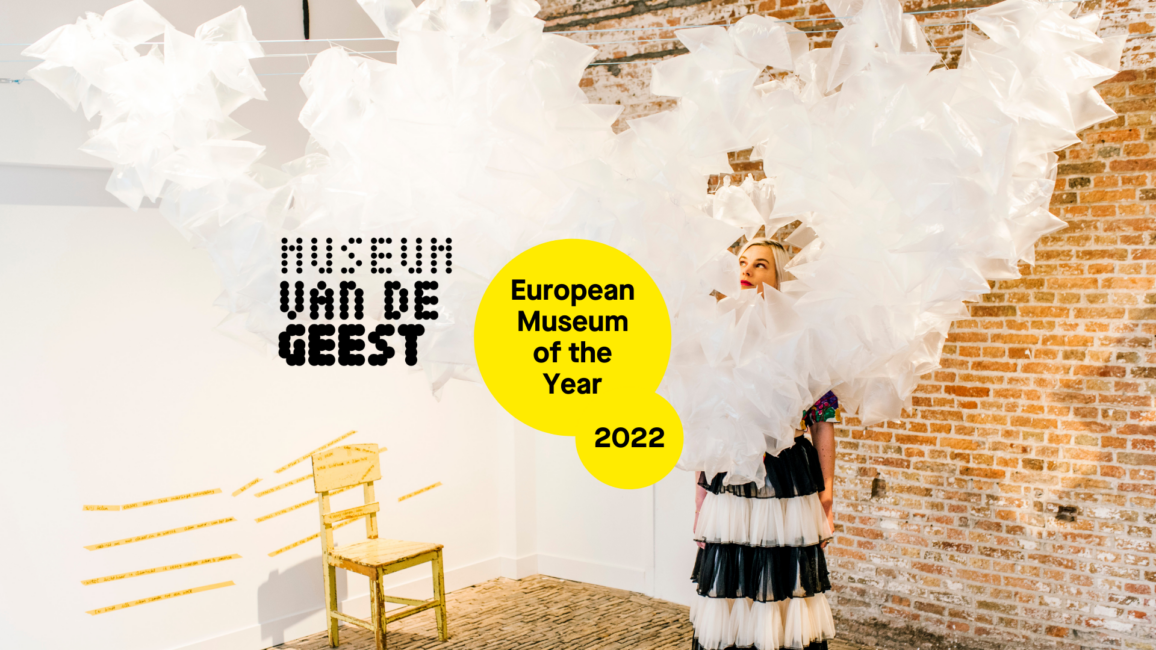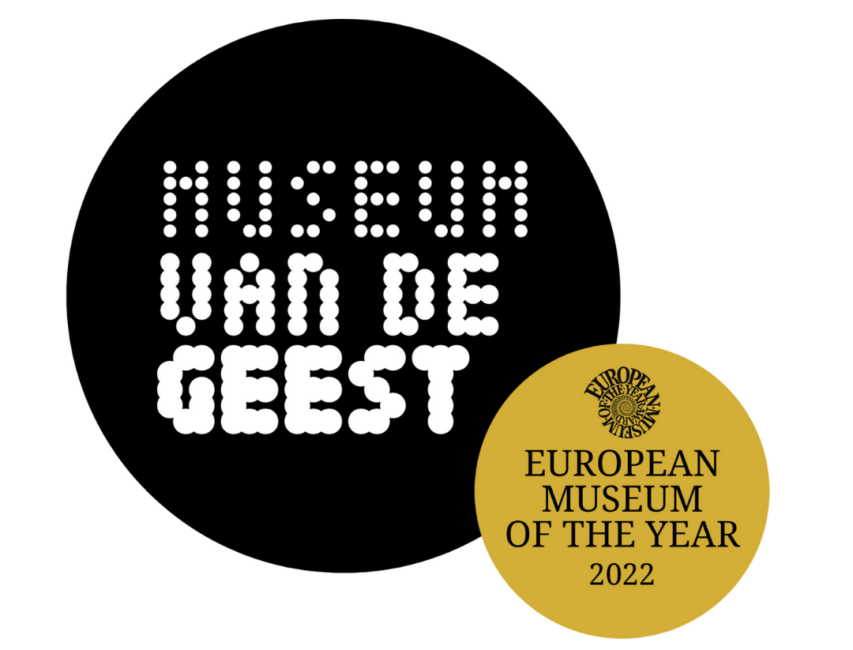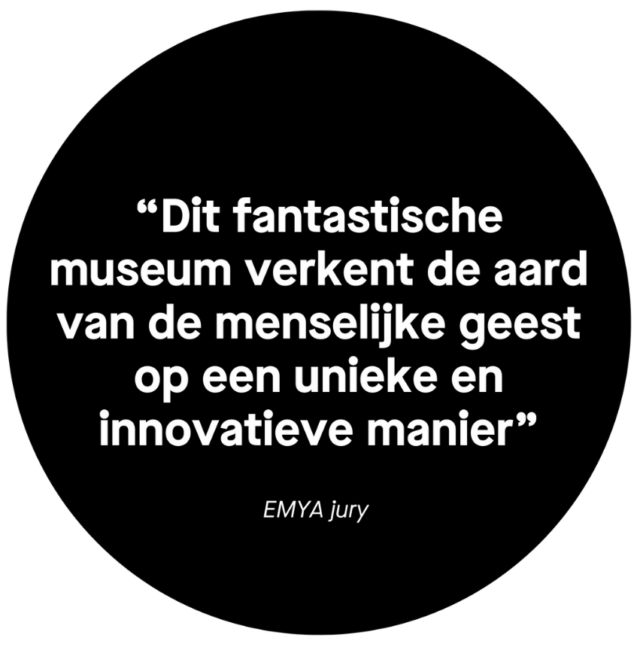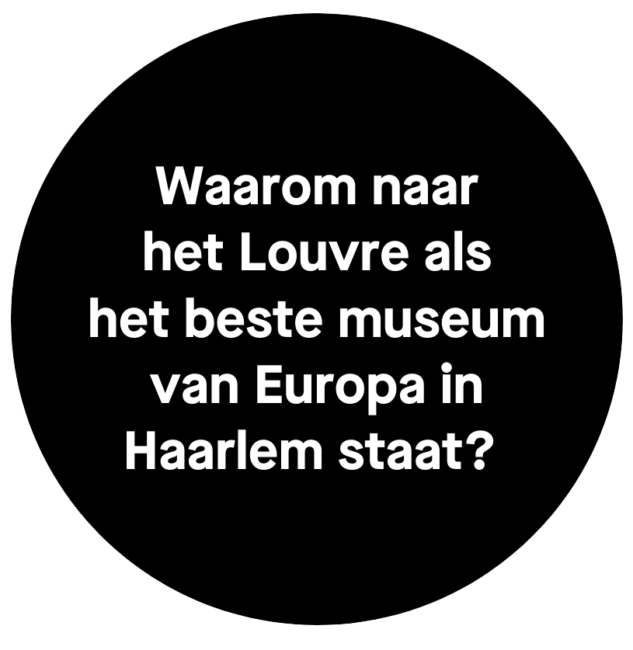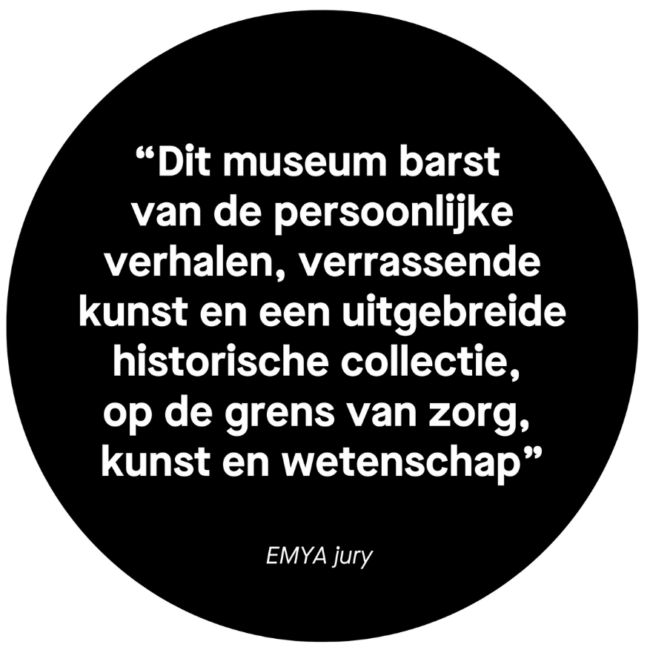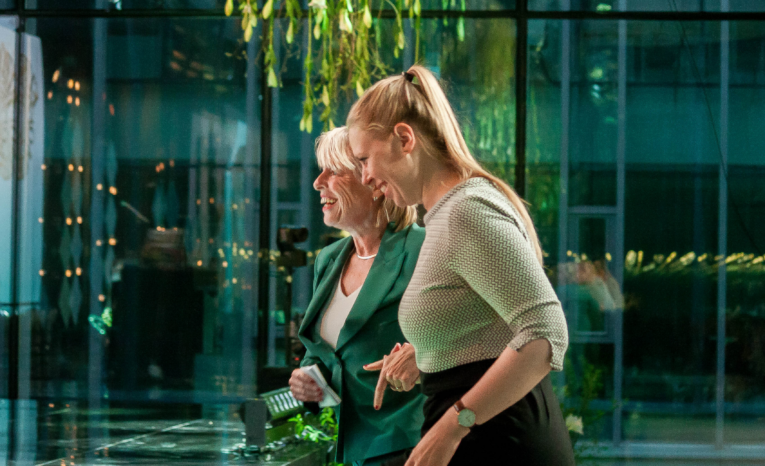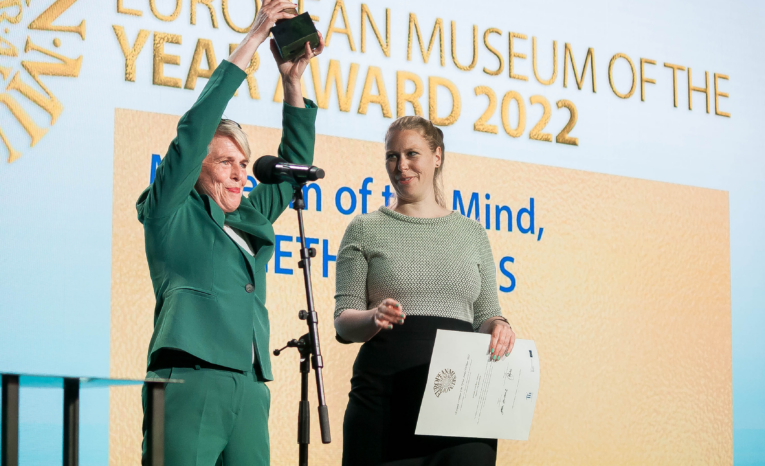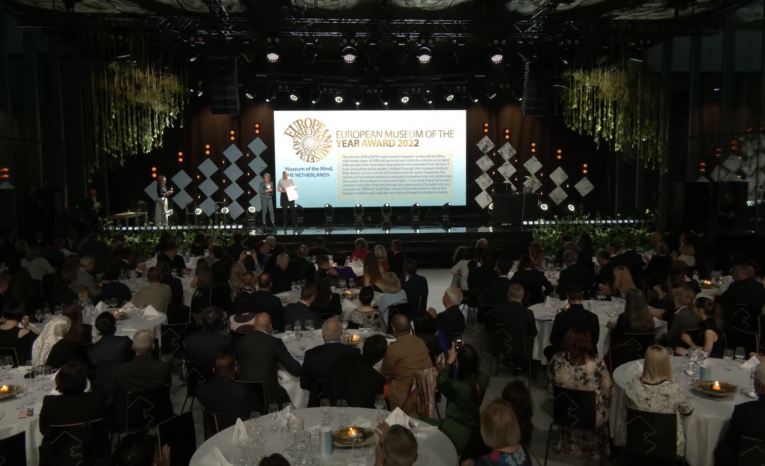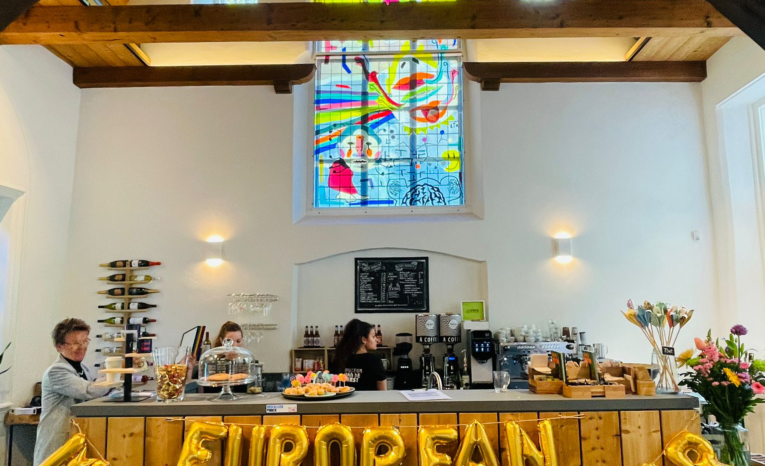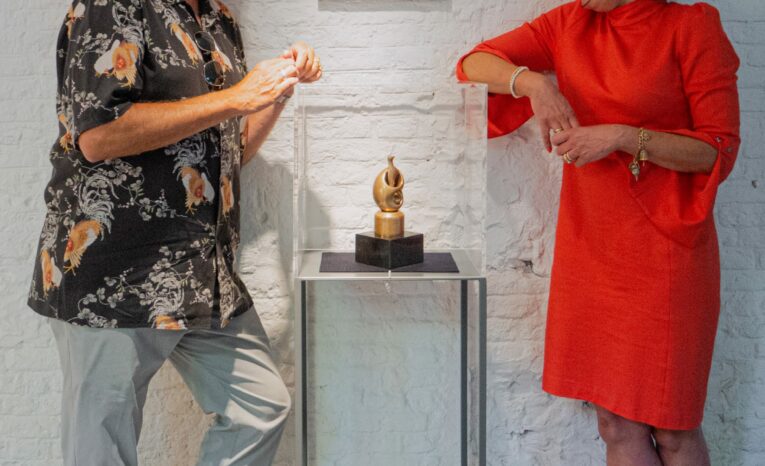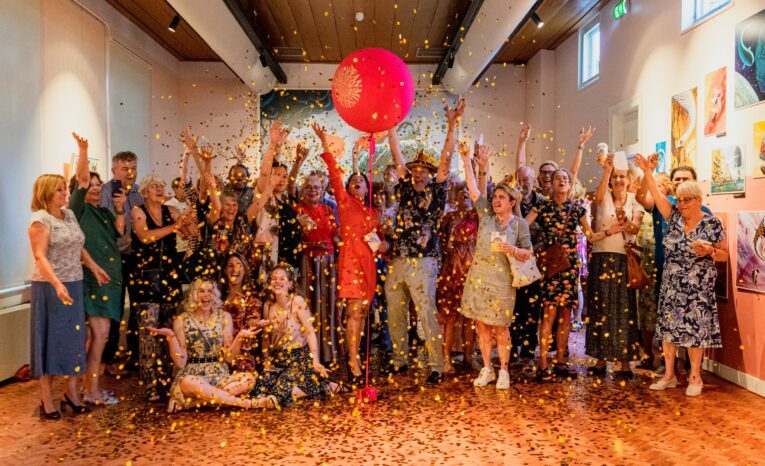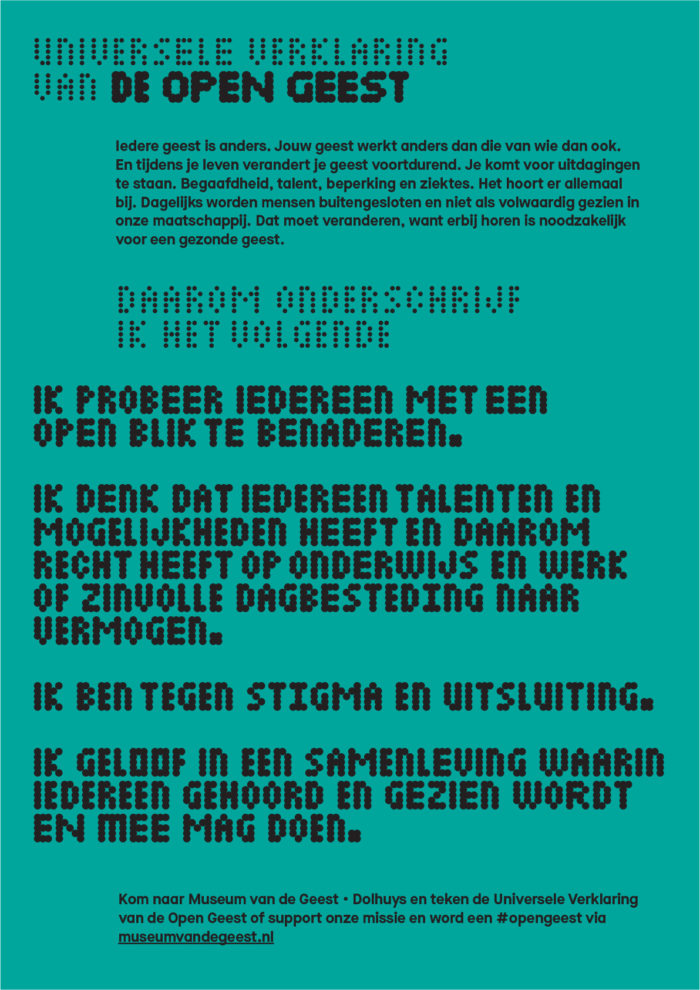Juryrapport European Museum Forum
‘Did you ever meet anyone normal? Did you like it?’ A 1970s poster with these words is one of the many fascinating exhibits at the Museum of the Mind, which represents a breakthrough in humanising not just medical museums, but museums in general.
The creative and radical renewal of the Museum of the Mind in Haarlem comes at a key time for society, and for museums. Before 2020, the World Health Organisation predicted that, given the increasing pressures of modern life, mental illness will become an ever-larger challenge for global health. While we may be preoccupied with COVID (and possible future pandemics), this prediction remains true – compounded by COVID’s mental ill-health legacies, which are likely to be deep and lasting.
There hasn’t been an equivalent global mobilization of science and institutions to address issues of mental health, resulting in a lack of investment. This in turn is due to denial and stigmatization of mental illness, and to the fact that mental illness does not admit of relatively simple treatment like vaccines.
The message of The Museum of the Mind is that museums can go beyond mental health programs for small groups and contribute much more. They can help create a healthier society, through embodying a humane, caring and respectful attitude to humanity in every aspect of their work. This is true for every museum, not just those with a health focus.
The achievement of the Museum of the Mind is that it not only demonstrates the role of museums as preservers of what we wish to take with us to the future, but constructs visitors as curious, aesthetically alert, reflective, critical citizens, who can all contribute to creating a health-enhancing society.
By switching from the medical model of the mind and mental illness to a social model, the Museum of the Mind also offers a social model of museums. It emphasizes the experience of people who are considered ‘different’ and takes the visitor on an ‘interactive voyage of discovery into your own mind and those of others’. Every aspect, from the displays to the café, from the architectural restoration to its program of activities, demonstrates excellence and the museum’s role as a human-centred institution.
The visitor encounters key big questions: What is in your mind? Who are you? Who do you cherish? Who do you see? Who takes care of your Mind? Can you speak your mind? The exhibition concludes with the general question ‘Are you joining our mission by signing the declaration of the Open Mind?’.
The Museum of the Mind is an exceptionally humane, interactive, empowering, activist institution which sees the museum as a school of life. It does so within a building that carries a heavy past, with multiple layers of memory of illness, but also of great resilience.
It is an incredibly valuable social museum project, to which one would willingly return regularly to find new answers – and new questions – about the human condition and to cultivate seeds of hope for a better future for self and society.
